African governments need to transition from linear waste management to a circular model where they can derive value from the waste.
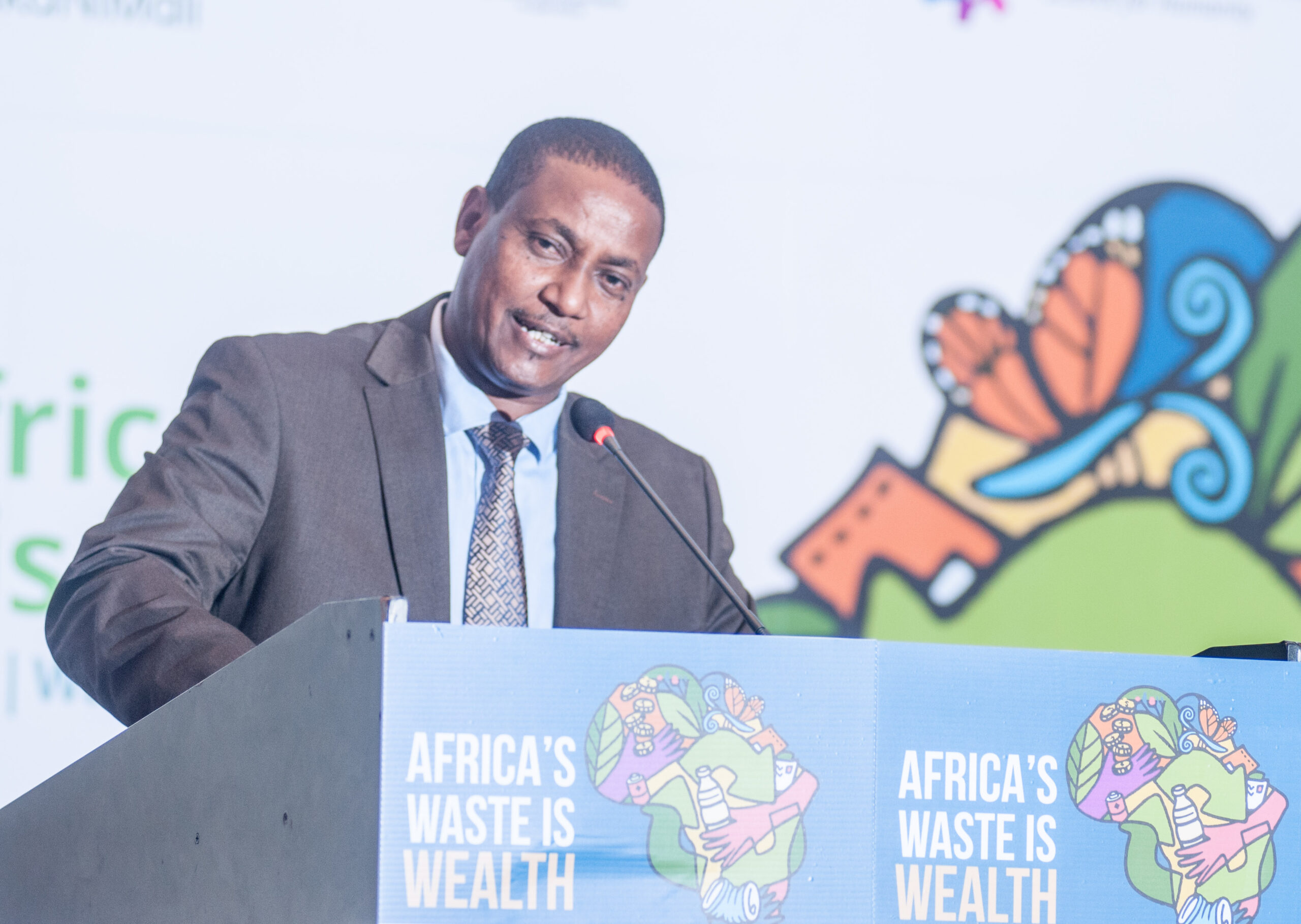
Kenya’s National Environment Management Authority (NEMA) Director General Boru Mamo said waste is a resource, which can only be realized when everyone plays their role in managing it efficiently.
“It is only in Africa where waste is seen as what it is, waste. From the point of generation to the point of disposal, we need to separate the waste so that what gets to our disposal sites is minimal,” Mamo said in Nairobi on June 6, 2023.
The annual waste generated in sub-Saharan Africa increased by more than 100 percent from 81 million tons to 174 million tons per year between 2012 and 2016.
He was addressing participants on the first day of the Africa Waste is Wealth Series (AWWS) Conference that is organized by the non-profit Taka Taka Ni Mali in partnership with Alliance for Science and EABC.
It comes on the margins of the UN-Habitat Assembly in Nairobi and only a day after the World Environment Day 2023 whose theme was Solutions to Plastic Pollution.
The theme of the three-day conference is Promoting Effective Waste Management Practices for Environmental Conservation and Climate Change Mitigation.
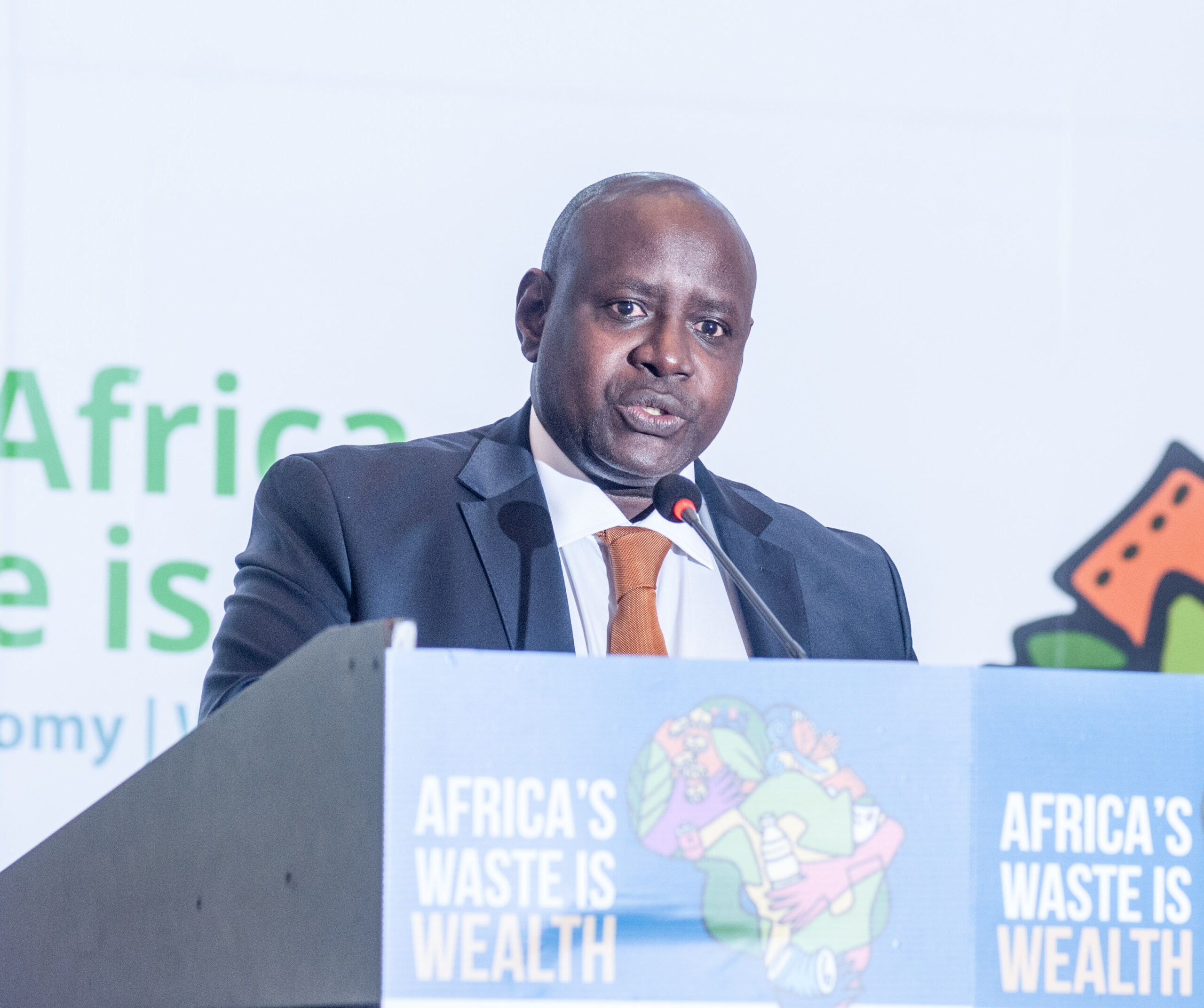
East African Business Council (EABC) chief executive John Bosco Kalisa urged governments in the region to work with the private sector to foster efficient waste management and earn revenue from it.
“East African Community partner states are endowed with various transboundary resources that are the drivers of local livelihoods,” Kalisa said.
“It is, however, worth noting that rapid urbanization, an emerging middle class, and changing consumption patterns within East Africa have resulted in inefficiencies in the storage, collection, transportation and final treatment or disposal of waste in urban centers.”
“Countries like Rwanda and Kenya were the first to institute a plastic ban.”
He said despite the involvement of private waste collectors, collection and coverage rates are still below expectation, with the main impediments being backlogs of collected waste in public spaces, especially in low-income neighborhoods.
According to research by the Institute for Ecosystem Research in Germany and Hong Kong Polytechnic University, the annual waste generated in sub-Saharan Africa increased by more than 100 percent from 81 million tons to 174 million tons per year between 2012 and 2016. This is expected to hit 269 million tons by 2030.
Quoting the Ministry of Economic Finances and Relations of France, Kalisa said East African Community partner states have increased waste generation, with organic waste representing 57 percent, compared to the world average of 46 percent, where the proportion of paper and plastic are higher.
“Kenya is a leader in promoting waste recycling in the region, though waste recycling industries are faced with the challenge of operating in a formalized, sustainable waste management system.”
“Climate change and the circular economy are priorities for the East African Business Council. The council has established a board subcommittee on climate change and, in partnership with GIZ-GFA, successfully organized a dialogue on zero waste in East Africa,” he said.
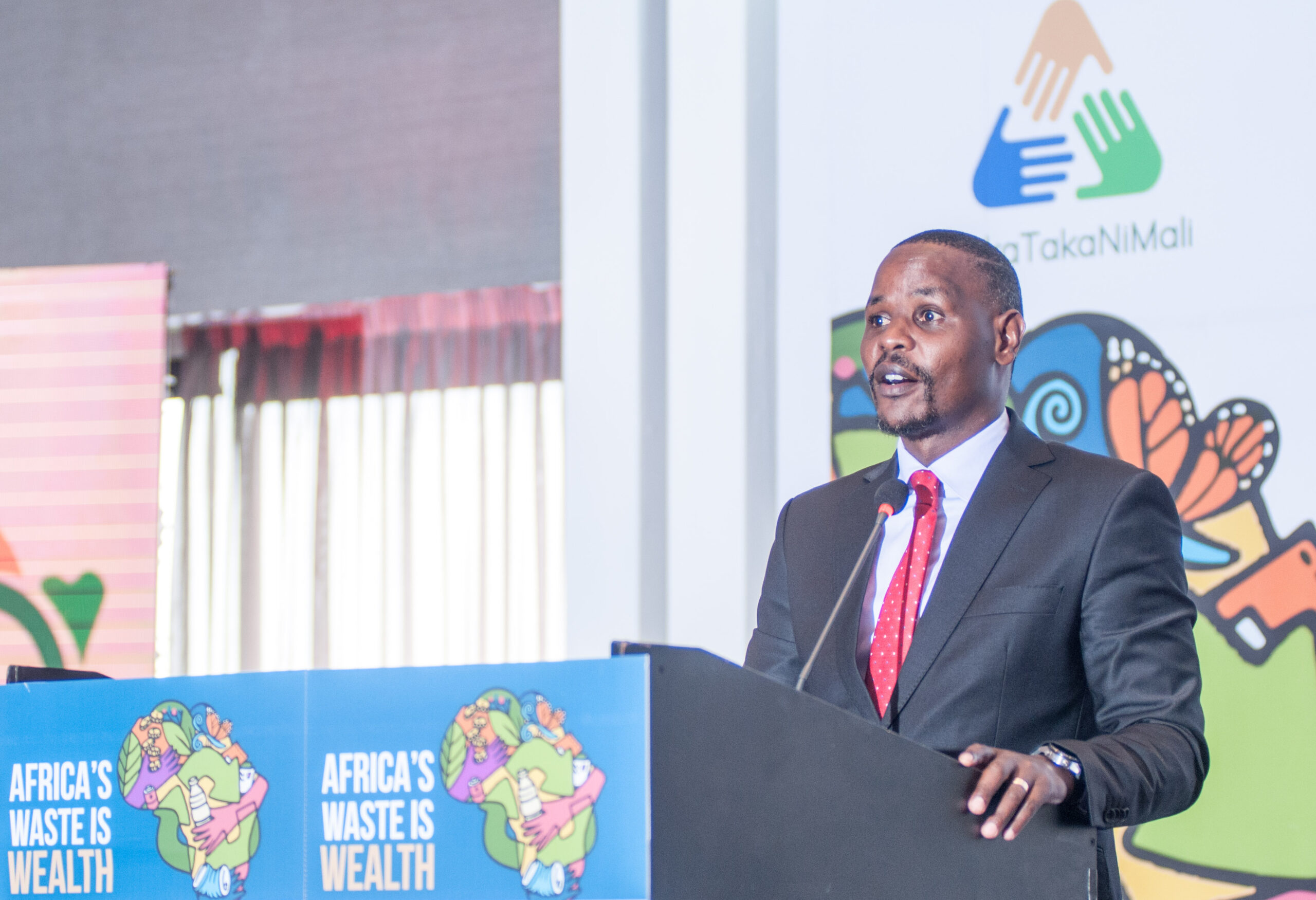
Festus Ng’eno, Kenya’s Principal Secretary in the State Department for Environment and Climate Change, said the Kenyan government, through policy implementation priorities for sustainable waste management, is driving the creation of green jobs and supporting entrepreneurship development in waste management.
The government, he said, is also using the circular economy model to minimize waste through recycling existing materials and products.
“The Alliance for Science looks forward to working with the private sector to support the understanding of the role of science in waste management.”
“Kenya is a leader in promoting waste recycling in the region, though waste recycling industries are faced with the challenge of operating in a formalized, sustainable waste management system,” Ng’eno said.
“As such, the volume of waste collected and recycled has not been optimized based on market requirements and plastic reproduction.”
The PS said in Kenya, waste is mostly dumped in the environment and dumpsites due to underdeveloped recyclable waste collection systems. He said households and private businesses do not have the incentive to segregate at source in compliance with the Sustainable Waste Management Act of 2022.
The Act requires all public and private sector entities to segregate non-hazardous waste into organic and nonorganic fractions and place them in properly labeled and color-coded receptacles, bins, containers, and bags.
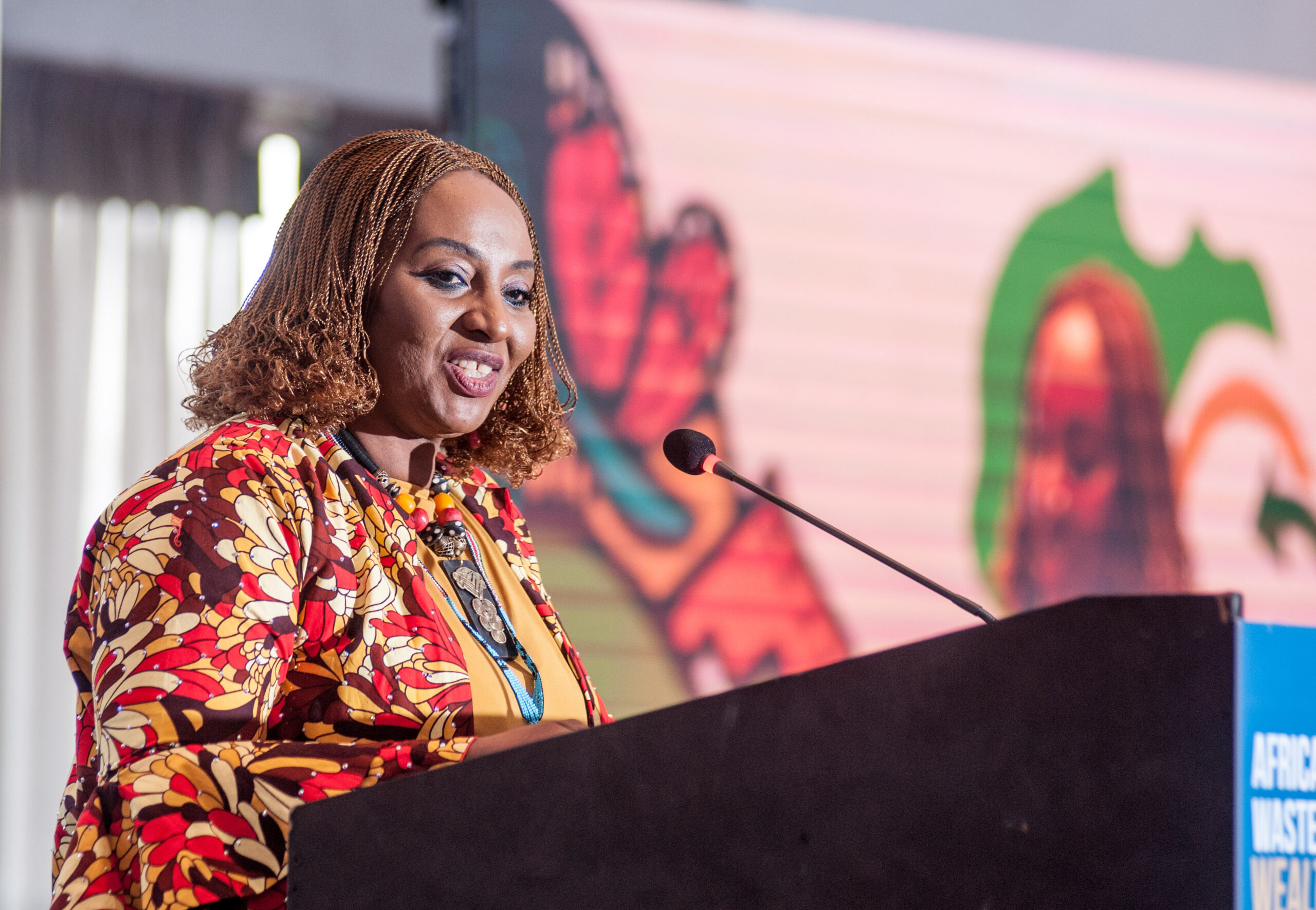
Alliance for Science Executive Director Dr Sheila Ochugboju said East Africa is taking the lead in waste management and sustainability issues.
“Countries like Rwanda and Kenya were the first to institute a plastic ban,” she said.
“Many countries in the Global North are struggling to catch up, but due to population growth, rapid urbanization, and an emerging middle class, there is an urgent need for African countries to accelerate action on waste management as an integral action on climate change and to address current waste management challenges and prepare for the expected growth in waste generation in the coming century.”
She said the Alliance for Science looks forward to working with the private sector to support the understanding of the role of science in waste management.
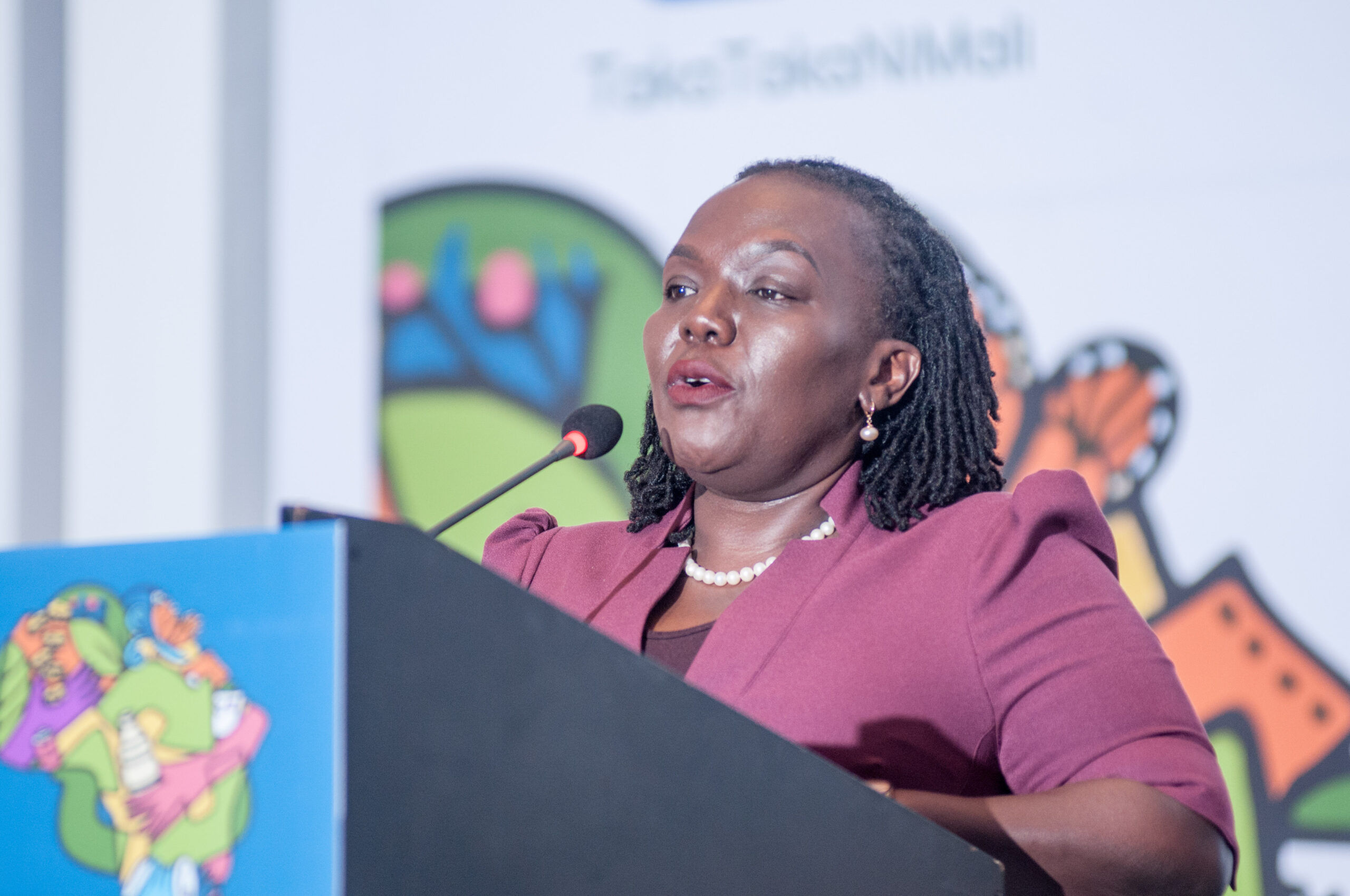
Taka Taka ni Mali Patron Mary Ngechu said various innovations in sustainable waste management from across Africa and beyond will be showcased at the conference.
“These innovations will demonstrate the use of technology in sustainable waste management and enable us to learn from one another and appreciate that Africa’s waste is indeed wealth,” said Ms Ngechu.
After the opening speeches, the conference had panel discussions that featured various organizations, including Unilever, Kenya Private Sector Alliance (KEPSA), Safaricom, and United Nations Global Compact.
